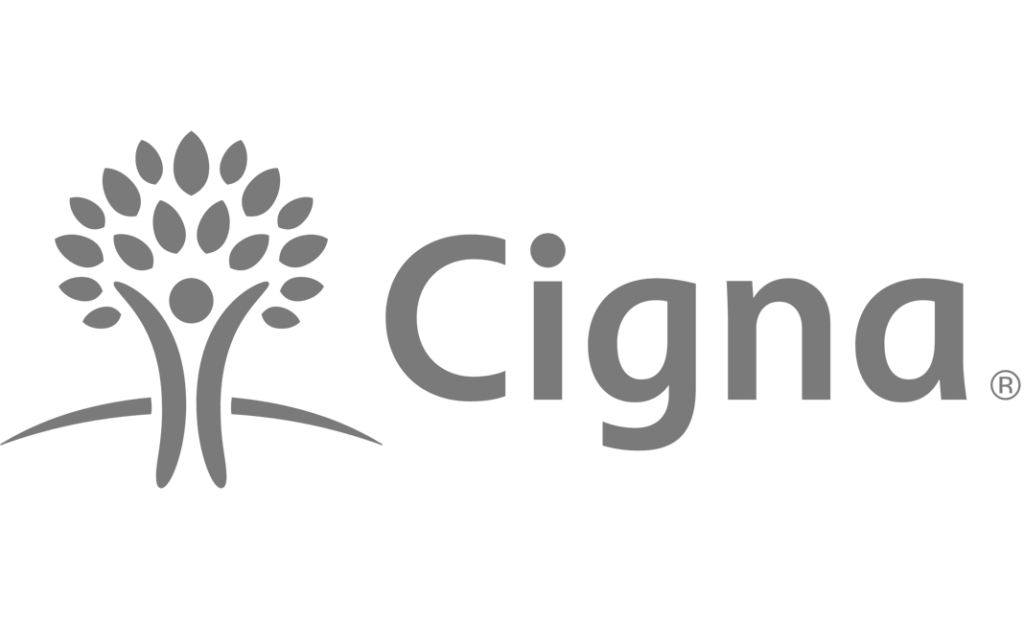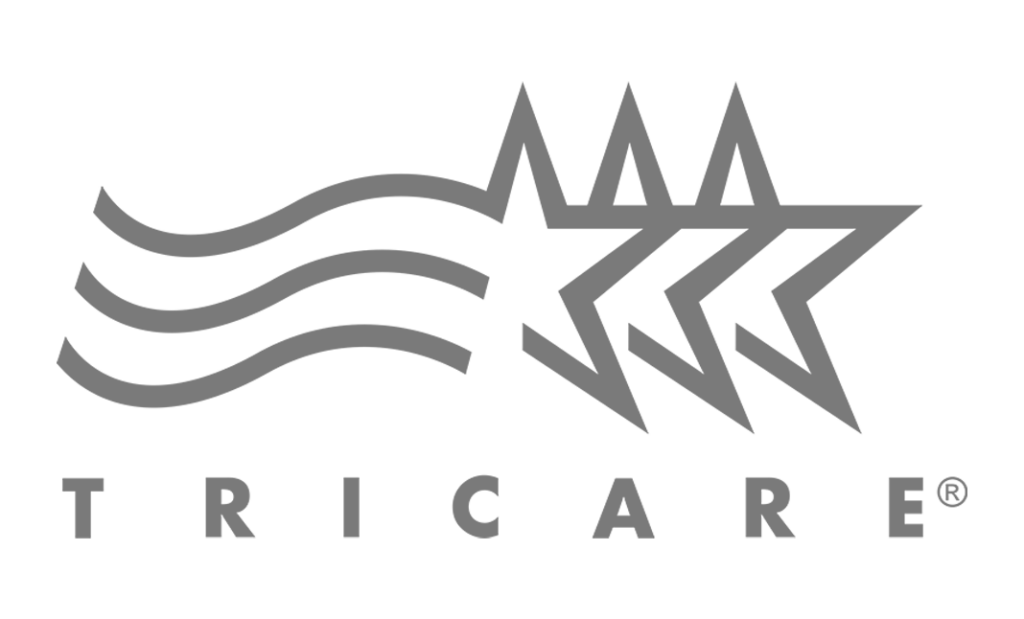Cocaine addiction claims many lives in the United States every year. Cocaine is a highly addictive drug, however, with the help of a drug treatment facility, many people overcome their addiction.
What Is Cocaine?
Cocaine is a stimulant drug, which means that it temporarily increases the user’s alertness. People who take stimulant drugs experience a burst of short-term energy.
Cocaine comes from coca plant leaves, which are most often found in South America. The drug is sometimes used as a numbing agent for people who are undergoing surgery or other medical procedures. However, many people abuse cocaine, and it is an illegal drug in the U.S.
Cocaine most often looks like a white, powdery substance, and people use multiple methods to ingest cocaine. The powder can be snorted, or it may be dissolved in water so that it can be injected intravenously. Some cocaine users “cook” the drug until it becomes a harder, rock-like substance that can be smoked.
How Addictive Is Cocaine?
Cocaine is a highly addictive drug, and when a person uses cocaine, the drug interferes with how neurons work in the brain. This impacts the way in which the body sends, receives, and processes signals through neurotransmitters.
Cocaine has the power to prevent the natural recycling of brain chemicals. The drug can also release large amounts of natural neurotransmitters. As a result of these processes, the communication between neurons is disrupted or amplified.
The changes in the brain cause the person to behave differently. For instance, because cocaine impacts the user’s pleasure and reward center, it can change a person’s mood and behavior.
What Are the Signs and Symptoms of Abuse?
The biggest sign of a cocaine use disorder is that the person struggles to stop taking the drug, even after the drug causes problems. For instance, a person may have serious money trouble caused by drug use. Cocaine abuse can also cause people to mistreat family and friends and damage those personal relationships.
Some symptoms caused by cocaine use are as follows:
- Increased energy level
- Alertness
- Rapid speech
- Rambling speech
- Aggression
- Changes in behavior
- Excessive confidence
- Pupil dilation
- Changes in blood pressure, heart rate, and body temperature
- Insomnia
- Impaired judgment
- Anxiety
- Paranoia
- Irritability
- Nausea, vomiting and weight loss
- Confusion
- A depressed feeling when cocaine wears off
- Hallucinations and delusions
People who snort cocaine often show damage in the mucous membrane, which is a part of the nose. Those who smoke cocaine might notice sores in the mouth. Tooth decay and gum disease are also common in those who smoke cocaine.
Adverse Health Risks of Cocaine Use and Addiction
Cocaine use impacts many organs in the user’s body. Research shows that the impact of cocaine on the body can depend on the method of use. For instance, snorting cocaine can cause nosebleeds, difficulty swallowing, a hoarse voice, and a loss of the sense of smell. When a user smokes cocaine, he or she will damage their lungs over time. Smoking cocaine can also make asthma symptoms worse. Injecting cocaine puts the user at risk for contracting an infectious disease, such as hepatitis C or HIV.
Cocaine can also reduce blood flow to a person’s gastrointestinal tract. This causes ulcers. Because cocaine is often laced with other drugs, users can never be certain of how pure a dosage is, which increases the risk of overdose. Chronic use of the drug can diminish a person’s appetite and cause malnourishment over time.
As for the cardiovascular system, people who use cocaine sometimes complain of chest pain. Cocaine users also increase their risk of stroke or heart attack.
Withdrawal During Detox
When a person stops taking cocaine, he or she will experience withdrawal symptoms. These symptoms may be mild if the person took only a small dose and has not been taking the drug long-term. However, people who frequently take the drug in large amounts will probably experience stronger withdrawal symptoms.
Most treatment centers include a detox program overseen by a licensed professional. A detoxification program helps the user stop taking the drug. To do this, physicians and specialists assist the user with medications. Detoxing on one’s own can be dangerous, especially if the person experiences severe withdrawal and requires medical care for cocaine addiction treatment.
Physical symptoms of withdrawal are muscle aches, fatigue, chills, and nerve pain. However, many of the symptoms are mental. For instance, depression and anxiety are common in those experiencing withdrawal. Other symptoms are nightmares, difficulty concentrating, and increased hunger. The person will also have an intense craving for more the drug during detox.
Treatment Options for Cocaine Addiction
There are many options for cocaine addiction treatment. Some people choose inpatient treatment clinics, such as our program at Defining Wellness.
The program allows patients to go through both behavioral and cognitive therapies. In treatment, patients are able to focus on the underlying causes of addiction. They learn to fight their urges to take the drug. They also learn how to avoid damaging behaviors and repair damaged personal relationships.
Long-term Recovery
Most detox centers give tips to patients concerning their long-term cocaine addiction treatment. No one is ever “cured” of an addiction. Instead, people have to make a conscious effort every day to avoid the drug. They must also avoid and learn to cope with patterns of thinking that cause them to take drugs. Therefore, Defining Wellness offers an aftercare program. In aftercare, patients focus on the following:
- Continuing their 12-step program
- Continuing sessions with a licensed therapist
- Keeping in touch with others who struggle with abuse
- Practicing multiple relapse prevention techniques, such as stress management and avoiding problem behaviors
If you struggle with cocaine use, you’re not alone. Call us today. We can help with getting you on the path to recovery.






















